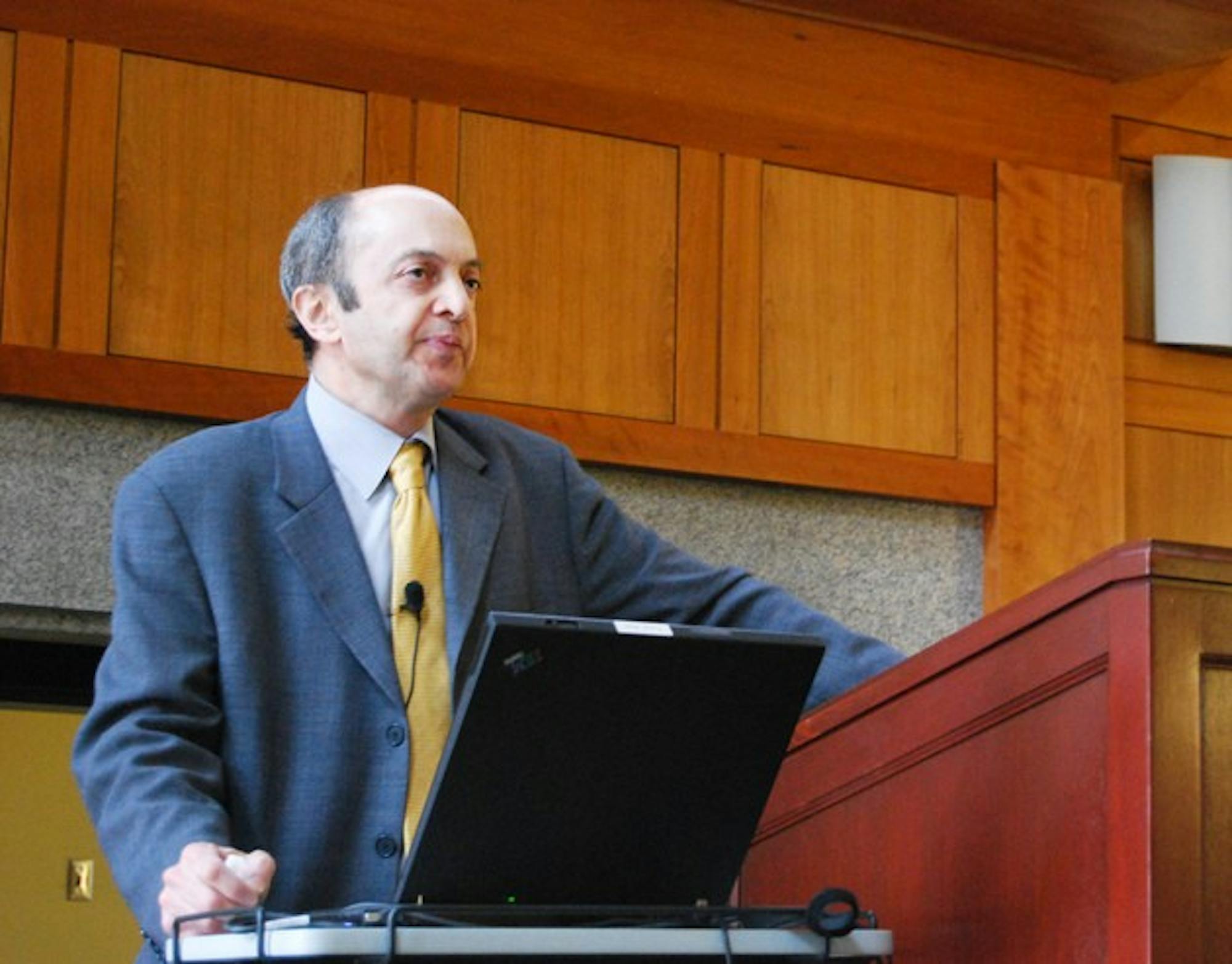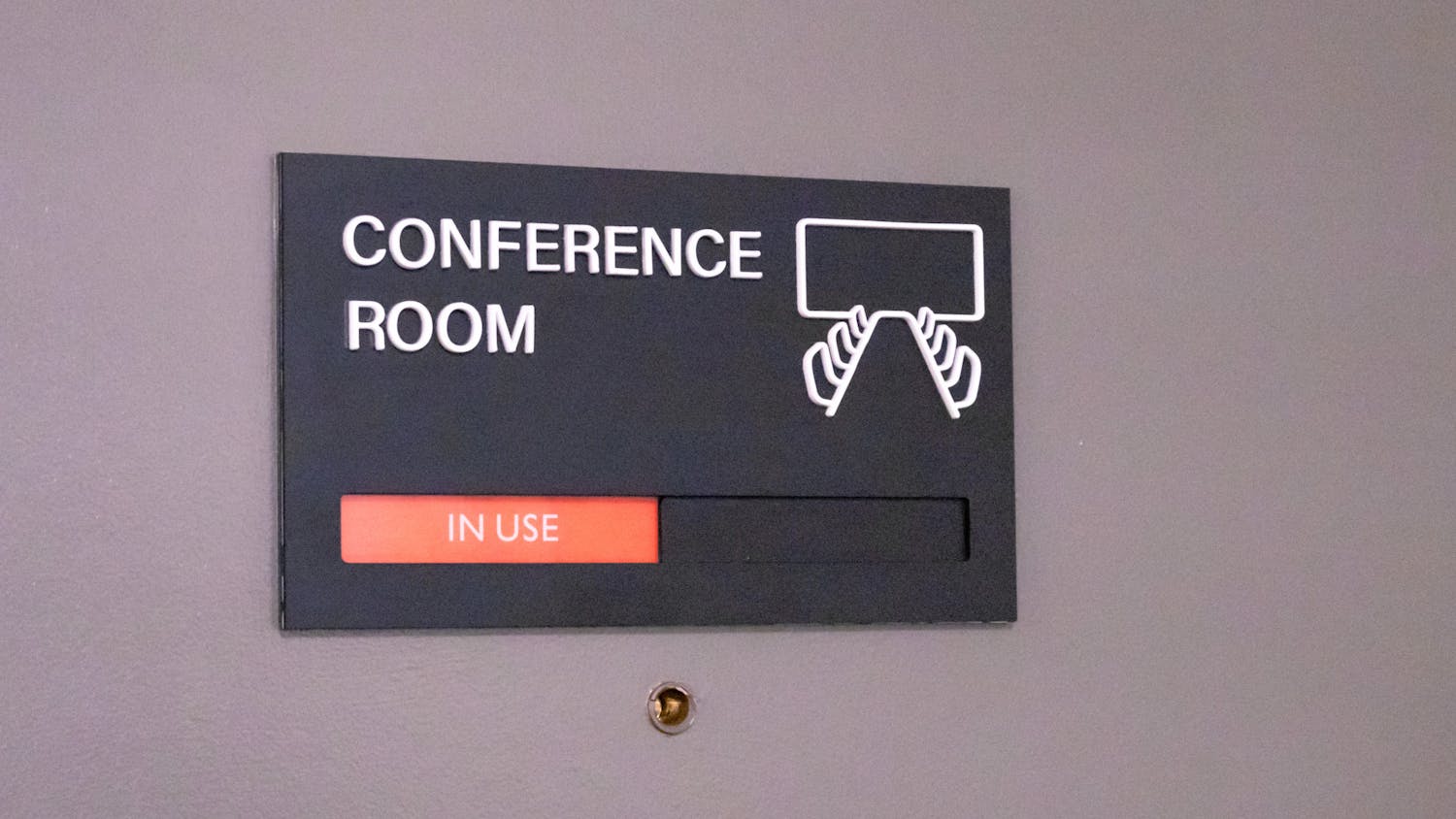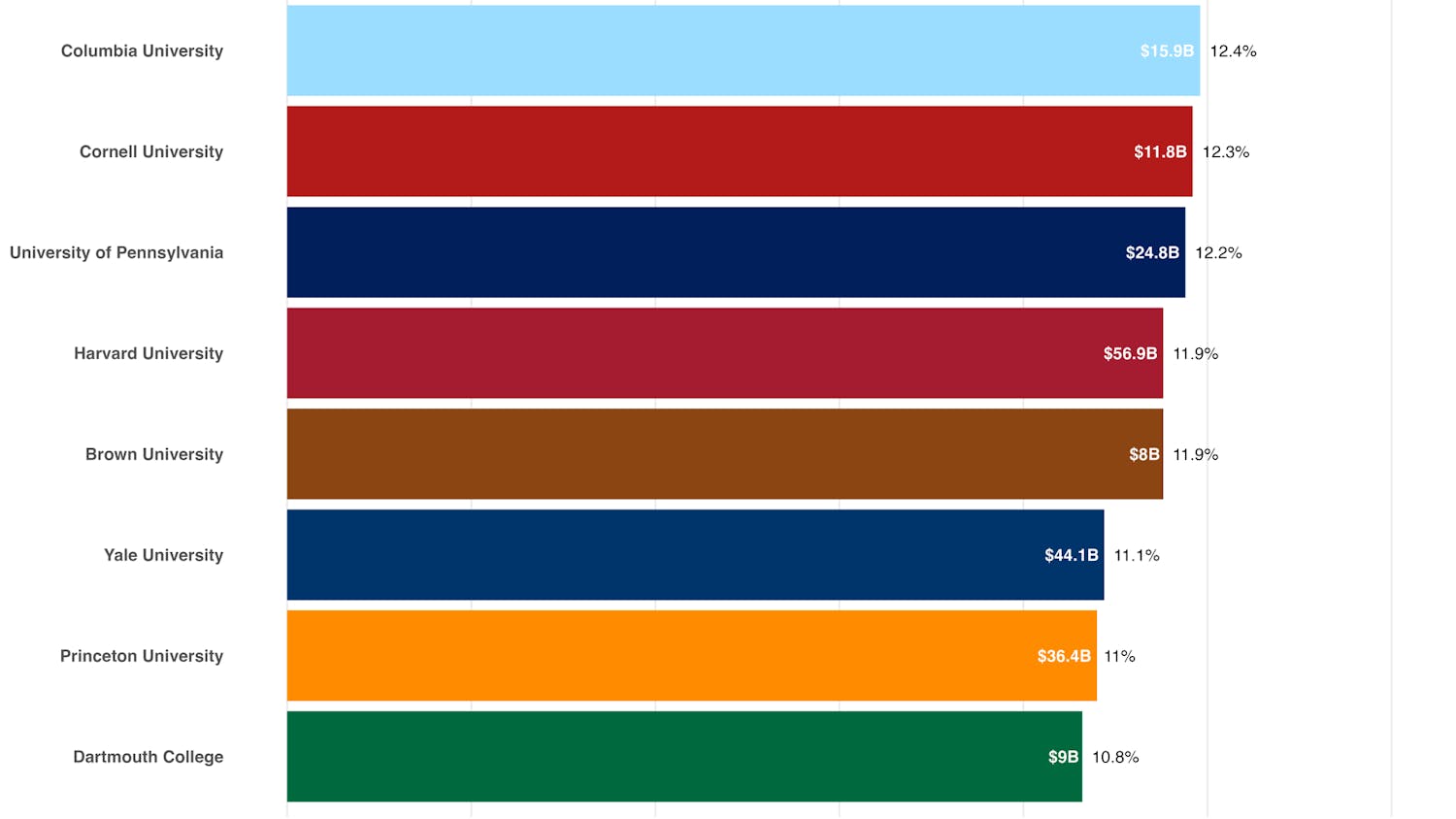"That just goes to show, it seems the stronger the opinions of people, the more ignorant they are," said Warde.
Warde, in a speech at Tuck School of Business on Tuesday, said such misconceptions are common. The speech, titled "The Prophet and the Profits: Islamic Finance," sought to outline the origins and structure of modern Islamic finance.
"It is a complex subject where nuance is crucial to what's going on," said Warde. "You cannot deal with Islamic finance in a binary sense."
Islamic finance is governed by a completely different set of rules than Western finance, basing most of its practices on the Quran. For instance interest and the exchange of debt are both forbidden in the Quran and thus banned in Islamic finance, he said. Therefore a loan is not strictly a loan in the sense that we know it -- instead the bank sells a lease contract to its customer.
In some cases, such as with many student loans, the bank collects no interest on the loaned money. This kind of loan, called Qard Hassan, is essentially viewed as an act of good will, he said.
Islamic finance, however, is anything but black and white, according to Warde. Its rule stem not only from the Quran, but also the Hadith -- the sayings and deeds of the prophet Muhammad, the Sunnah -- the righteous path outlined by Muhammad, and the concepts of ijmah, qiyas, and ijtihad -- consensus, analogical reasoning, and scholarly interpretation of Islamic law, respectively.
The breadth of sources of Islamic scholarship allows for multiple interpretations of Islamic finance, Warde said. Over the years Islamic scholars have developed a set of rules for banks to follow.
Islamic financial institutions currently have $750 billion in assets and Islamic banks offer their services in over 80 countries, he said. On a micro perspective, Islamic banks operate on the concept of profit and loss sharing. A depositor becomes a partner of the bank and, after a period of time, the profits of the bank are shared between the bank and all the depositors. Generally, however, the bank absorbs losses rather than extending them to their lenders.
This process dates back to the days of Muhammad, Warde said, when a typical business venture would include a wealthy merchant in the role of the bank and another merchant who carried out the business deal. At the end of a set term, the merchants would split the profits or losses.
According to Warde, a joint endeavor lessened the risk associated with doing business. Such deals were mutually beneficial and were generally upheld with integrity. There was an honor code that was followed and the business reputations of both parties was at stake -- treachery meant the end of a career.
On a macro level, Warde said Islamic finance promotes economic development because it promotes risk.
"The profits belong to the one taking risk," Warde said in a Powerpoint slide. "There is a notion that risk taking is socially beneficial."




